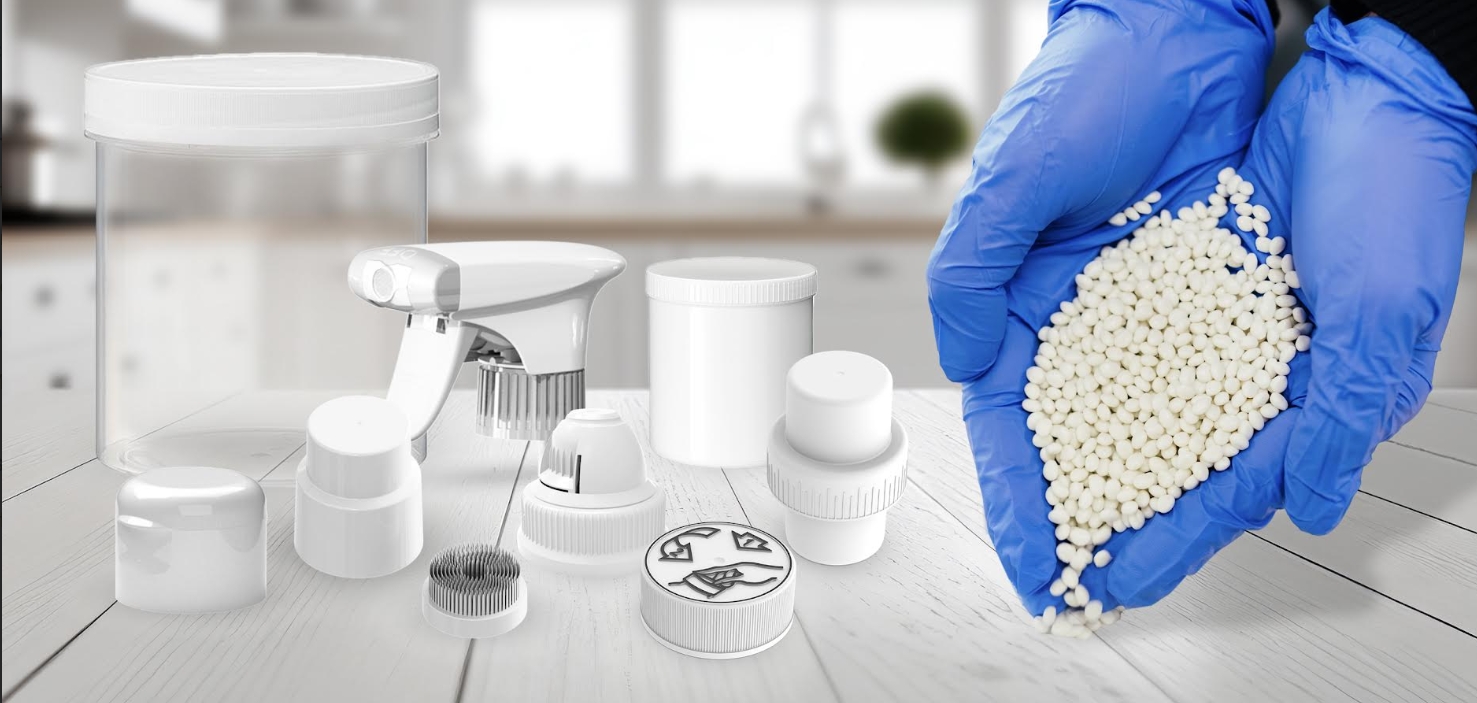
Berry Global is extending its B Circular Range of standard packaging solutions designed for circularity, with the introduction of a wide selection of products for the household and homecare market. The move provides a cost-effective solution for brands and retailers in the sector seeking to further enhance their sustainable packaging offering.
A total of 35 items are available covering triggers, screw, child-resistant and flip-top closures, and jars, along with speciality products such as screw-on nozzles and brush applicators. They can now be produced with post-consumer recycled (PCR) plastic in amounts ranging from 30% to 100%, while many have been designed for improved recyclability, for example by developing all plastic trigger sprays which contains no metal parts.
Certain packs within the range that are manufactured with polypropylene can also be specified with Berry’s proprietary CleanStream® domestically recovered, mechanically recycled plastic, which is suitable for contact-sensitive applications.
In addition, the expansion of the B Circular Range into household and homecare, alongside the existing products already available for personal care applications, opens up opportunities for brands operating across both markets.
“A Euromonitor report last year highlighted that 71% of brands intended to use ‘sustainable packaging’ claims in their new products launches*, and this is a trend that we believe will continue throughout 2025 and beyond,” said Sarah De La Mare, Product Line Director – Closures & Triggers, Berry Global CPI.
“Our B Circular packaging solutions help brands to deliver the more sustainable packaging now being demanded by the majority of consumers without compromising on performance, aesthetics, or functionality.”
The B Circular Range combines Berry’s design and engineering skills with the company’s global scale which gives it access to regular and reliable supplies of high-quality circular resins. All products are designed in line with two key rules of the circular economy – design out waste and pollution and keep product and materials in use. As well as the use of PCR and improved recyclability design, which is in line with RecyClass and Association of Plastic Recyclers guidelines, this also includes the development of reusable and refillable packs; lightweighting technologies; and the use of renewable resources, such as forestry residue and used cooking oils, to replace fossil fuel feedstocks.
“With the extension of the range, we are helping more companies, both large and small, achieve their sustainability commitments and bring solutions that contribute towards a circular economy faster to market,” concluded Sarah De La Mare.







